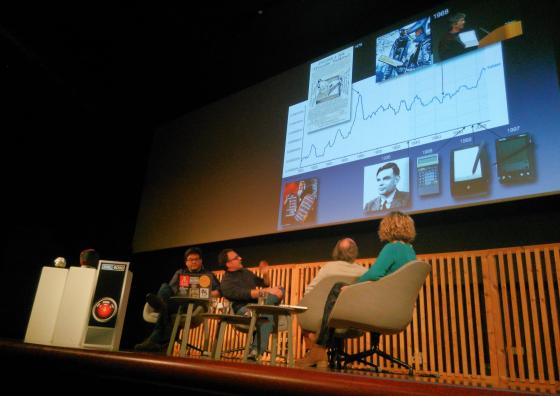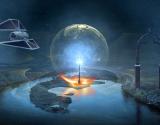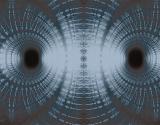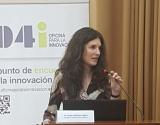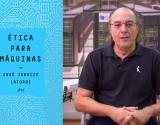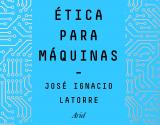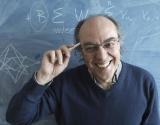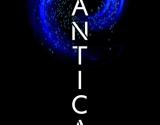ROUND TABLE
Coinciding with the exhibition “Kubrick”, which is now showing at the CCCB, this year’s programming of Science at Christmas will include analysis of the big questions raised by the classic film 2001: A Space Odyssey from the standpoint of present-day science.
Fifty years after its first screening, Stanley Kubrick’s film 2001: A Space Odyssey, which is based on a short story by Arthur C. Clarke, is still entirely relevant, not only because of its undeniable aesthetic quality but also its approach to some of the big questions faced by humanity, among them the evolution of life on our planet, the existence of extra-terrestrial life, and our future as a species. Foreshadowing today’s debates, the relationship between the supercomputer HAL 9000 and the scientists led by Dr Bowman also draws attention to crucial dilemmas related with artificial intelligence (AI). What characteristics hitherto seen as intrinsically human might a computer be able to develop? Will forms of AI end up creating a post-human species?
In this debate, scientists from several fields (theoretical physics, complex systems, biology and genetics, and evolutionary biology) will talk about the present relevance of the ideas put forth by Kubrick and Clarke, and will open the door to the new questions they raise. And, naturally, there will be discussion about the meaning of the famous monolith.
